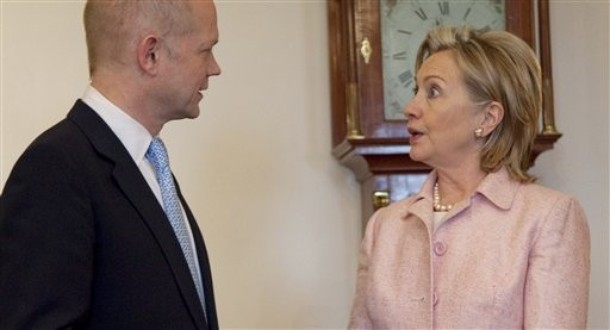
From Charles Kupchan, the Council on Foreign Relations: [T]he effort to reclaim the US-UK “special relationship” as the foundation of British statecraft promises to leave Britain in a geopolitical no-man’s land and marginalise its international influence. The UK will enjoy far greater sway over transatlantic and global affairs by becoming a leading voice within the EU than by investing in an Anglo-American coupling that has lost much of its raison d’être. …
Only if EU member states aggregate their hard power and enhance their readiness to make joint decisions about its use will Europe emerge as the more capable partner that Washington is seeking. …
The project of European integration is facing perhaps its most serious crisis since it began in the late 1940s. The financial turmoil is testing the durability of the eurozone. The challenges of immigration and domestic economic reform are polarising electorates and producing weak governments. Meanwhile, a new populism is fuelling the renationalisation of politics across Europe, hindering efforts to create EU institutions capable of giving the Union greater coherence and clout. …
If the British government stands by its anachronistic plan to cleave to the US while shunning the EU, it may well consign Britain, along with Europe, to geopolitical irrelevance. In contrast, if London plays a leading role in forging a more capable EU, Europe as a whole, and Britain along with it, will enjoy rising prominence in Washington – and in global affairs. Although an easy decision, the Cameron government, at least for now, seems determined to make the wrong choice.
The writer is professor of international affairs at Georgetown University and senior fellow at the Council on Foreign Relations, and is the author of How Enemies Become Friends: The Sources of Stable Peace. (photo: AP)
Image: ap%206%202%2010%20Hillary%20Clinton%20William%20Hague.jpg
